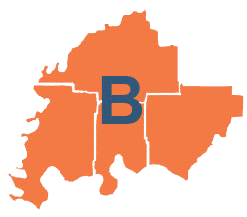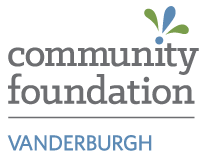Community Impact Report

Understanding Our Community
GIFT VII planning grants supported a comprehensive planning process. This allowed the Community Foundation Alliance to utilize these grant dollars to contract with Chmura to collect and compile data, and Thomas P. Miller & Associates (TPMA) to lead the planning process.
For this process, the nine-county affiliates were grouped based on geographic proximity, as well as factors such as the overlap of industry and services, common time zones, and work travel patterns. Learn more about Region B which includes Gibson, Posey, Vanderburgh, and Warrick counties.
Key Development Indicators
For each subregion, Chmura identified 46 meaningful development indicators, conforming to four primary categories.
Demographics
Economics
Human Capital
Quality of Place
Determining Top Priorities
TPMA reviewed all data collected by Chmura, analyzed additional data, and explored basic demographic trends for each county using information from the U.S. Census Bureau.
TPMA then identified five potential priority areas of need and opportunity for each subregion, to be further prioritized through a series of Community Forums that helped identify the county specific issues and opportunities

Access and Affordable Healthcare

Cycle of Poverty

Family Self Sufficiency

Mental Health & Substance Abuse

Obesity
Community Forums
Structure
The Community Leader Forums began the process of narrowing to a single topic area that would be addressed in the Lilly Endowment GIFT VII Implementation Grant proposal. Forum participants included local leaders of nonprofit organizations, municipal and elected officials, business and industry leaders, and active community philanthropists. Forums were conducted with an initial overview of the background research and an explanation of how the top five topics were chosen. In addition, participants added the following topics:
- Broadband
- Child Abuse & Neglect
- Connectivity/Transportation
- Education
- Housing
- Prevention
- Workforce Development
Participants prioritized topics and held active discussions about what they have observed about the specific topic. Upon completion, TPMA facilitated Regional Board Forums for each subregion to further narrow the topics. These forums followed a similar process to ensure consistency.
Forum Findings

Cycle of Poverty

Mental Health & Substance Abuse
During the forums, several areas of improvement were documented. With regards to Mental Health & Substance Abuse, concerns highlighted were: lack of accessible services and care, easy access to prescription meds, and lack of education targeting prevention. With regards to The Cycle of Poverty, a few key concerns were discussed: affordable quality housing, transportation, and awareness of services.
Leading Change
Overview
Lilly Endowment Inc.’s Community Leadership Implementation Grant Opportunity in Vanderburgh County will pilot a program for service coordination using a “place-conscious” strategy which capitalizes on neighborhood strengths to support families through wrap-around services. Place-conscious strategies support families by expanding their opportunities within the partnering neighborhoods and connecting them to regional and local opportunities.
The goal of the pilot project is two-fold. First, support direct services for individuals and families that are striving to improve their financial well-being. Second, while testing this intervention, data will be gathered to further inform effective strategies for inclusion in a community-wide collective impact model addressing poverty. The pilot project will support wrap-around service coordination in Promise Zone neighborhoods over a two-year period. The Family Service Coordinators will be hosted by a nonprofit agency with an established and credible working relationship with the residents of the identified neighborhoods.
Implementation Grant Recipients
Dream Center Evansville
Memorial Community Development Corporation
Potter’s Wheel.
Collaborating Organizations
COVID-19 Crisis Response Fund of the Greater Evansville Region
Diehl Consulting Group
Evansville Regional Economic Partnership - Talent 2025
United Way of Southwestern Indiana
Vanderburgh Community Foundation


